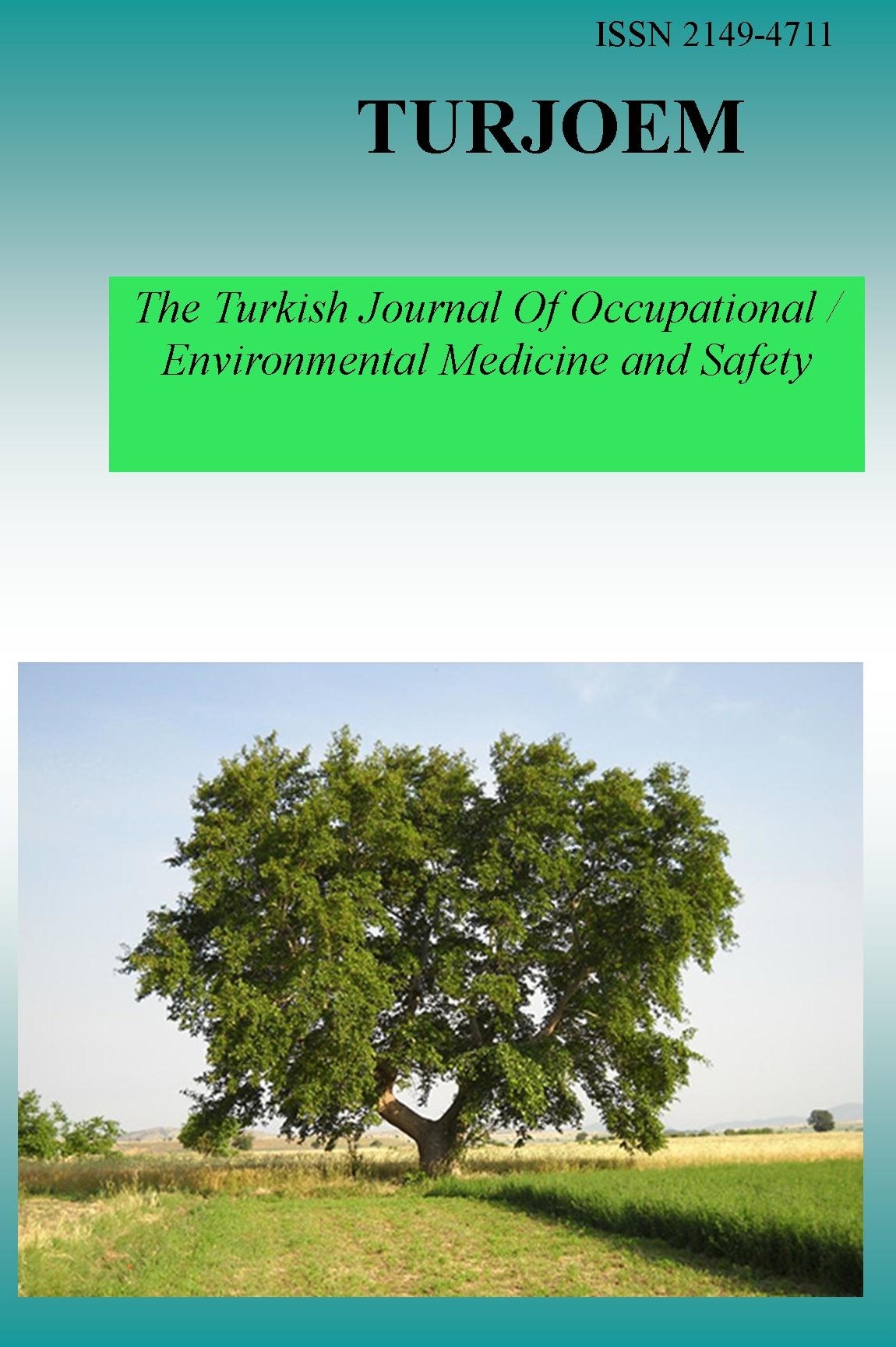Biocidal use and its potential risks in aquaculture in Turkey
Biocidal use and its potential risks in aquaculture in Turkey
___
- İbrahim Cengizler, Necdet Aytaç
- Çukurova Üniversitesi Su Ürünleri Fakültesi Yetiştiricilik Bölümü, Adana
- Çukurova Üniversitesi Tıp Fakültesi Halk Sağlığı Anabilim Dalı, Adana
- ISSN: 2149-4711
- Başlangıç: 2015
- Yayıncı: Engin TUTKUN
Volkan Recai ÖTEGEN, Muhsin AKBABA, Ersin NAZLICAN, Hüseyin İLTER, Burak KURT
Molecular identification of mosquito species using DNA barcode analysis
Degradation process of pesticides
Hüseyin İLTER, Muhsin AKBABA, Volkan Recai ÖTEGEN
Pesticide Pollution in Ecosystems
Hüseyin İlter, Burak Kurt, Volkan Recai Ötegen, Muhsin Akbaba
Biocidal use and its potential risks in aquaculture in Turkey
İbrahim CENGİZLER, Necdet AYTAÇ
Musa Şahin, Mehmet Gökdeniz, Muhsin Akbaba
Efficacy of Antimicrobial Toothbrushes
Ersin Nazlıcan, Mehmet Gökdeniz, Muhsin Akbaba
The influence of biocidal ingredients from leather matrix on biodegradability
İhsan Yaşa, Bahri Başaran, Ahmet Aslan
Evaluation of biodegrability of tanned leathers treated with biocide
İhsan YAŞA, Ahmet ASLAN, Bahri BAŞARAN
Assesment of the legislation about biocidal products produced by nanotechnology in Turkey
